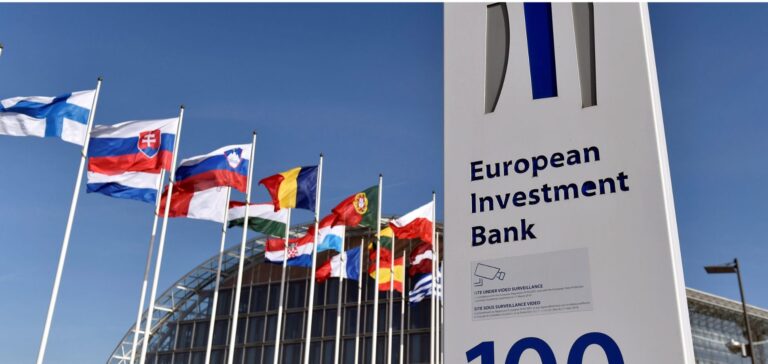The European Investment Bank (EIB) said that 53% of European companies are now investing in climate actions such as energy efficiency and emissions reduction. The 10 percentage point increase from last year is attributable to the energy crisis fueled by the Russia-Ukraine war and economic pressures that have encouraged investment in clean energy and renewables, according to the ISB’s 2022-2023 investment report. However, energy security concerns due to the energy crisis have also weighed on some decarbonization investment decisions.
Climate action measures include reducing greenhouse gas emissions; building resilience and adaptive capacity to climate-induced impacts; integrating climate change measures into national policies, strategies and planning; and improving education, awareness and human and institutional capacity for impact reduction and early warning, according to the United Nations Development Programme.
European companies continue to invest in climate action
“The increase was particularly pronounced in regions such as Central and Eastern Europe (up 15 percent) and in small and medium-sized enterprises (up 11 percent). Energy-intensive manufacturers have a greater appetite for climate investments than non-energy-intensive companies: 48% are currently investing, while 57% plan to invest,” ISB said.
ISB Chief Economist Debora Revoltella said companies are continuing to invest in climate action despite soaring energy costs. “Europe’s future depends on our ability to transform and embrace digital and green transitions. This requires bold investments in climate action and mitigation. EU businesses have realized that climate change is no longer a distant reality,” said Revoltella.
Climate reforms impact European companies
The European Commission’s efforts to unite Europe behind renewable energy took a significant step forward last year with the REPowerEU agreement. Increasing the use of renewable energy, energy efficiency and energy storage capacity are among REPowerEU’s key objectives to increase the resilience, security and sustainability of the EU’s energy system, reducing the region’s dependence on Russian fossil fuels.
The European Parliament has approved a series of climate reforms in recent months as part of its Fitfor55 package and the REPowerEU agreement. On February 21, the Parliament agreed to extend until 2030 the market stability reserve of the EU ETS, which is in place to protect against falling CO2 prices due to external shocks. The Parliament also passed a law that calls on EU countries to reduce greenhouse gas emissions by 30% to 40% from 2005 levels.
European companies influenced by the EU ETS
In mid-December, negotiators agreed to reform the EU Emissions Trading Scheme, increasing carbon reduction ambitions to 2030, detailing the removal of free allocations and introducing new carbon pricing mechanisms. The main objective of the EU ETS is to reduce greenhouse gas emissions and carbon intensity to achieve carbon neutrality targets, which includes a commitment to reduce net emissions by 55% by 2030. The EU ETS limits the level of emissions covered by different sectors. It comprises about 45% of the EU’s total greenhouse gas emissions. The cap decreases each year to ensure that emissions decline over time.
Companies can buy and sell carbon emission permits called “EU Allowances”, which can be traded for the CO2 they emit. EU Allowances, the carbon emission permits under the EU Emissions Trading Scheme, recently reached record levels above EUR 100/mtCO2e (USD 105/mtCO2e) in February, attributed to technical signals and strong interest from financial investors, as well as to the tightening of the rules of key EU climate policies, particularly under its Emissions Trading Scheme. Platts, a division of S&P Global Commodity Insights, assessed the EU Allowances for December 2023 at 95.92 EUR/mtCO2e on April 13.






















